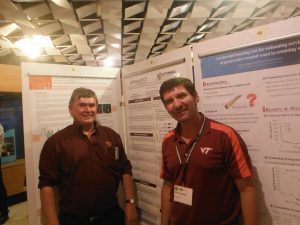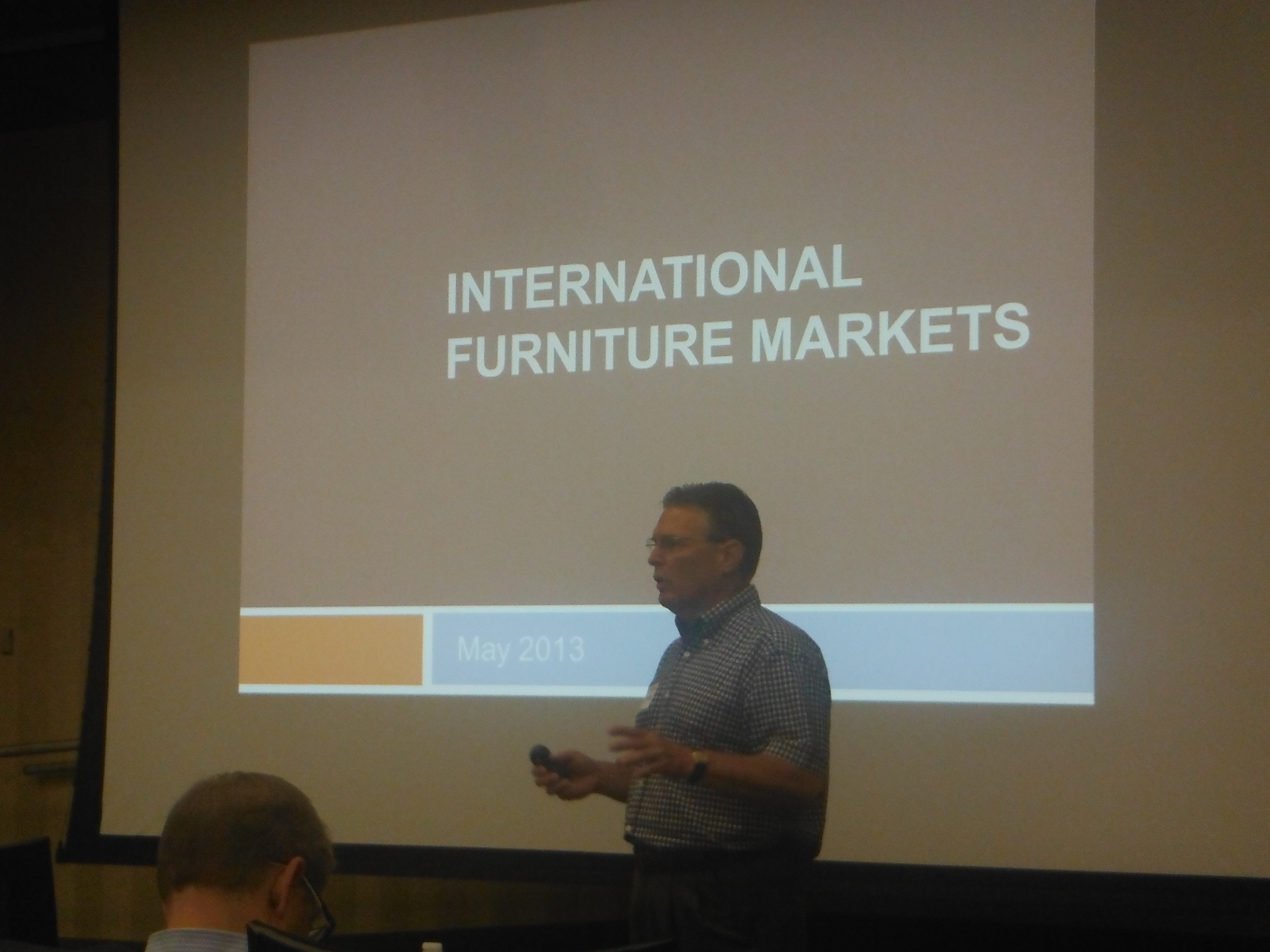From June 30 to July 7, 2013 Dr. Henry Quesada, assistant professor at the Department of Sustainable Biomaterials at Virginia Tech, traveled to China to attend the 2013 International Furniture Fair in Chengdu. The trip is part of the research project “Analysis of Factors Impacting the International Value Chain of Hardwood Products: A Comparison between … Continue reading “Dr. Henry Quesada travels to China as part of a marketing research project”
From June 30 to July 7, 2013 Dr. Henry Quesada, assistant professor at the Department of Sustainable Biomaterials at Virginia Tech, traveled to China to attend the 2013 International Furniture Fair in Chengdu. The trip is part of the research project “Analysis of Factors Impacting the International Value Chain of Hardwood Products: A Comparison between Asia and Western Europe” funded by the U.S Department of Agriculture. The goal of the project is to examine value chains in mature markets for American hardwoods. In many of these markets there is a high demand for low-valued added products such as hardwood logs and only a small portion of higher value-added products such as kiln-dried lumber, dimension lumber, veneer, and furniture is imported fro the U.S. The research specifically is looking into cultural, technical, logistics, and economic aspects that drive importers to prefer low value-added rather than high-valued added products.
Chengdu is located about 1,100 miles west of Shanghai and it is considered the most important city in Western China with a total population of 14 million people (fourth largest city in China). The city has developed into a friendly and welcoming investing destination for international companies. Already an important furniture cluster, local producers are focusing more on the production of solid wooden furniture for the local market given the increasing economic power of the middle class in China. The biggest problem for local furniture producers continues to be the lack of local supply of high quality hardwoods, hence; producers have turned their eyes to American hardwoods as a reliable source of raw materials.
During his trip to Chengdu, China, Dr. Quesada had the opportunity to interview local furniture manufacturers and lumber brokers and ask fundamental questions related to the importation of American hardwoods and other species from other countries. Current importers of American hardwood products indicated that the most important factor when selecting a new supplier from the U.S. is consistent quality and second factor is the price. Other important aspects that Chinese importers consider when buying from American hardwoods suppliers are packaging, availability of species, and customer support. Most importers also indicated that more information about American hardwoods is needed, as local furniture producers know little about American species properties, dimensions, and grading systems.
If you would like to learn more about international marketing opportunities for Appalachian hardwood producers, please contact Dr. Henry Quesada at quesada@vt.edu





